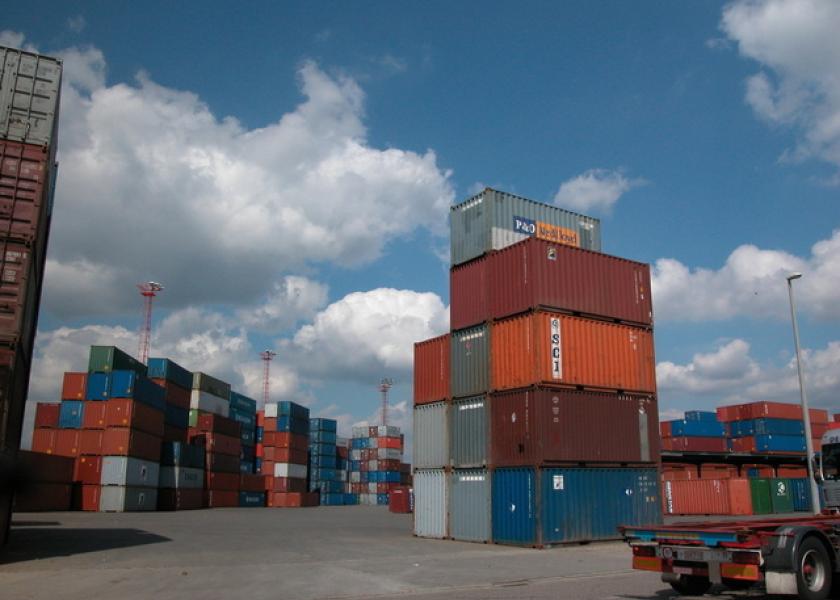Dairy Farmers Hold Out Hope for Trans Pacific Trade Deal

As the trade deal known as the Trans Pacific Partnership has taken a pounding on the presidential campaign trail, at least one group is holding out hope for the stalled pact: Wisconsin dairy producers.
They see nothing but advantages from the deal negotiated by the Obama administration that could increase exports at a time when their cows are producing more milk than ever in a domestic market that doesn't have room for all of it.
"When I look at it through the lens of the dairy industry, I don't think there's a negative to it," said Mitch Breunig, who owns a herd of 400 cows near Sauk City.
Both Hillary Clinton and Donald Trump have opposed the Asian-Pacific trade pact. As secretary of state, Clinton once called the TPP the "gold standard" of trade deals, but she announced her opposition it last year, saying it did not meet her standard for creating jobs, raising wages and protecting national security. Trump describes TPP as a catastrophe only he can stop.
But Breunig is among those who say the opponents of TPP, an agreement with 11 Pacific Rim countries, aren't considering the agricultural benefits.
Per capita consumption of dairy products by Americans isn't expected to grow much in the near future, making overseas markets increasingly important. Milk consumption has been declining since 1980 and dropped 3.7 percent from 2013 to 2014, according to the U.S. Department of Agriculture's October report.
The USDA report estimated TPP, which would lower or eliminate thousands of tariffs, could create an additional $150 million to $300 million in annual dairy exports.
Supporters say it would also promote overall economic growth and provide protections for workers on both sides of the Pacific. But critics say the deal places American workers in competition with low-wage employees in countries such as Vietnam.
The TPP agreement expands dairy market access in several key Asian countries, including Japan, Vietnam, and Malaysia, and provides new but limited access into Canada, according to Mark Stephenson, director of the Center for Dairy Profitability at the University of Wisconsin-Madison.
"In some countries where we'd have opportunity to sell, we would also have to open our borders," Stephenson said. "Dairy is a major focus for all the players."
Kenneth Wunderlin, treasurer of the FarmFirst Dairy Cooperative board in Madison, said TPP would continue the trend of past trade agreements that have been key factors in rising dairy exports.
Wunderlin, who owns a dairy farm in Livingston, said both the North American Free Trade Agreement and the Korea Free Trade Agreement have benefited Wisconsin's dairy farmers. At the end of 2015, dairy exports to Mexico and Korea had grown 409 percent and 39 percent since the agreements were implemented, said Wunderlin.
With the U.S. facing import pressure from New Zealand on butter and cheese, Wunderlin said the pact would uphold tariffs to prevent New Zealand from sending an influx of its products to the U.S.
Wunderlin said he has mixed feelings about the Obama administration's hopes to win approval of the deal from Congress after the election.
"I would give it a 50-50 chance in the lame-duck session," he said. Wunderlin pins his hopes for passage on departing members of Congress who will be "free to vote their conscience."
The Midwest Dairy Coalition, the National Milk Producers Federation and other farm commodity organizations have been lobbying intensely for TPP passage, Wunderlin said.
If TPP fails, Stephenson expects less ambitious agreements will take its place — deals between two or more countries, such as the NAFTA deal between the U.S., Mexico and Canada.
"More of the smaller agreements are ones that are easier to negotiate. When you get a lot of players, it's hard to make progress," he said.







